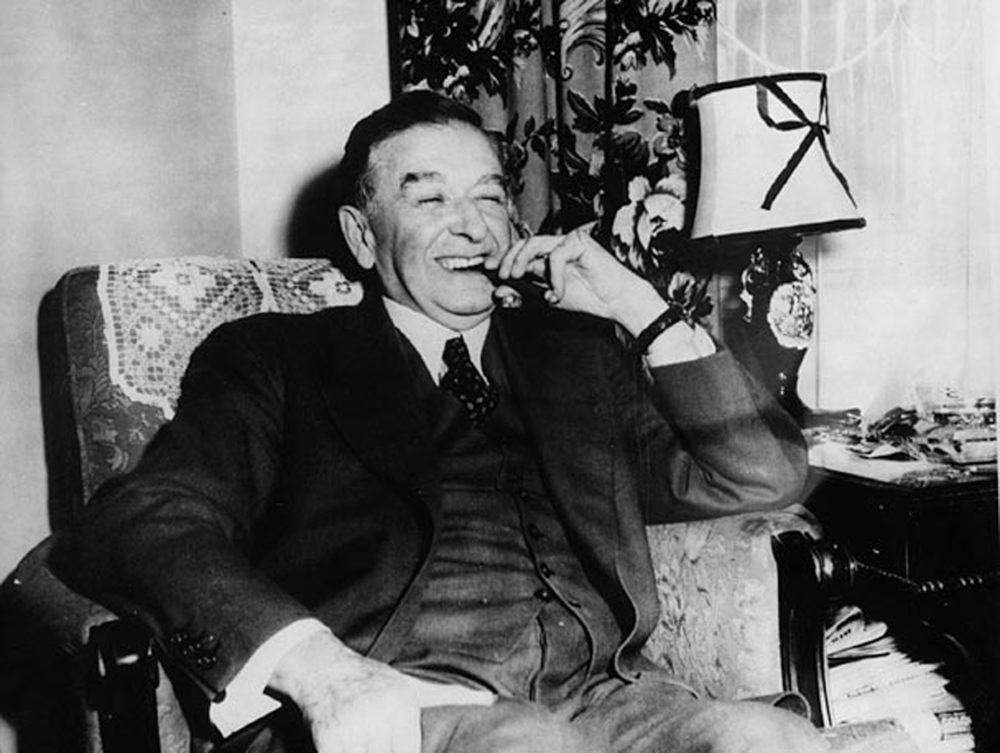 Menu
Menu
 Menu
Menu
The rules of a sport cannot be made up as players go along. The same is true for democracy. Rules must be in place, and they must apply to everyone.
The law applies to everyone. No person is exempt from the law because they hold a position of power.
This is the basis for the rule of law. It is the belief that it is better to be ruled by laws than ruled by leaders who can act any way they like. For example, dictators often exercise absolute power without restrictions. If the law rules us, leaders cannot use their powers any way they like. Politicians, police, and judges are subject to the same rules as everyone else. By having everyone follow the same rules, laws cannot be unfairly used to advantage one person over another.
The rule of law also requires that there be peaceful and orderly ways to create, administer, and change laws. These processes must be pre-determined, and must be followed by everyone. Canada, as a liberal democracy, has these processes in place. Our laws are democratically constructed, and formally reviewed several times before being voted on. These laws must respect the rights of minorities.
The concept of the rule of law—that the law applies to everyone and that legal processes must be respected—are reflected in how Canada is governed. In fact, the rule of law is written into the preamble to the Charter of Rights and Freedoms, declaring that Canada is founded upon the principle of the rule of law.

Maurice Duplessis, Quebec premier from 1936-39 and 1944-59, often pushed the rule of law to its limits. His premiership has been called le grande noirceur (the great darkness).
When a question arises as to whether or not a law has been broken—by a citizen or by the government—courts ultimately find an answer. To ensure that the answer is based on the law and the facts of the situation, courts operate independently of government. Courts are not subject to political pressures from the government of the day: political leaders cannot tell the courts how to decide cases, nor can political leaders be exempt from the rulings of courts.
The independence of the courts allows them to act as a check and balance on government. This independence helps to preserve the rule of law in Canada.
The rule of law establishes the ground rules for a democracy. The rule of law equally applies to common citizens and people in positions of authority. We can know what the rules are, and we have democratic ways to change the rules if we do not agree with them.
If we see leaders and governments not following the rule of law, we should be very concerned. If our leaders believe that the rules do not apply to them—and if they get away with breaking the rules—the whole structure of our society could collapse.
Roncarelli v. Duplessis is a landmark case regarding the rule of law in Canada. In 1940s Quebec, tensions were high between the Roman Catholics and Jehovah’s Witnesses. Nearly 1,000 Jehovah’s Witnesses were arrested for distributing religious magazines, by claiming that they were violating peddling bylaws. The bylaws were later struck down by the Supreme Court.
Frank Roncarelli, a Montreal restaurateur and Jehovah’s Witness, posted bail for almost 400 of the arrested Jehovah’s Witnesses. Quebec’s Premier, Maurice Duplessis retaliated by revoking the liquor license for Roncarelli’s restaurant, and banned him from obtaining another one.
Roncarelli believed that Duplessis had no right to revoke the license. There were rules and processes to obtain and keep a liquor license, and rules governing how a license could be revoked. Roncarelli had followed all the rules. So he went to court.
The Supreme Court ruled in favour of Roncarelli. It said that allowing a public officer to act arbitrarily “would signalize the beginning of the disintegration of the rule of law as a fundamental postulate of our constitutional structure.” The case affirmed that Canada’s political leaders cannot act any way they like: they must follow the rule of law.